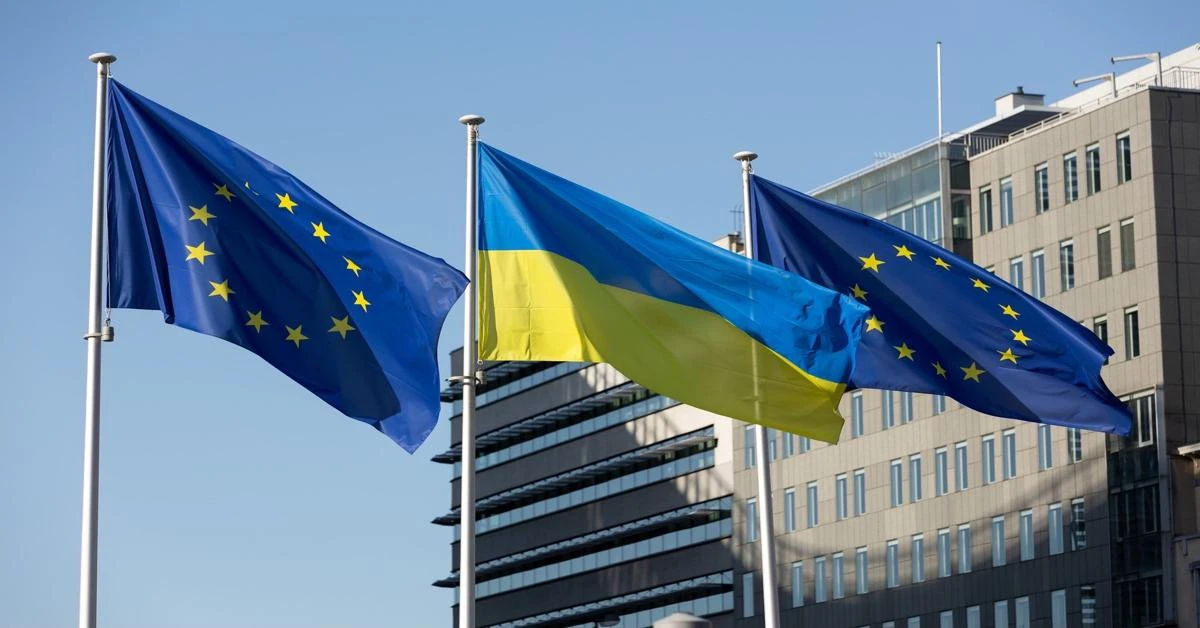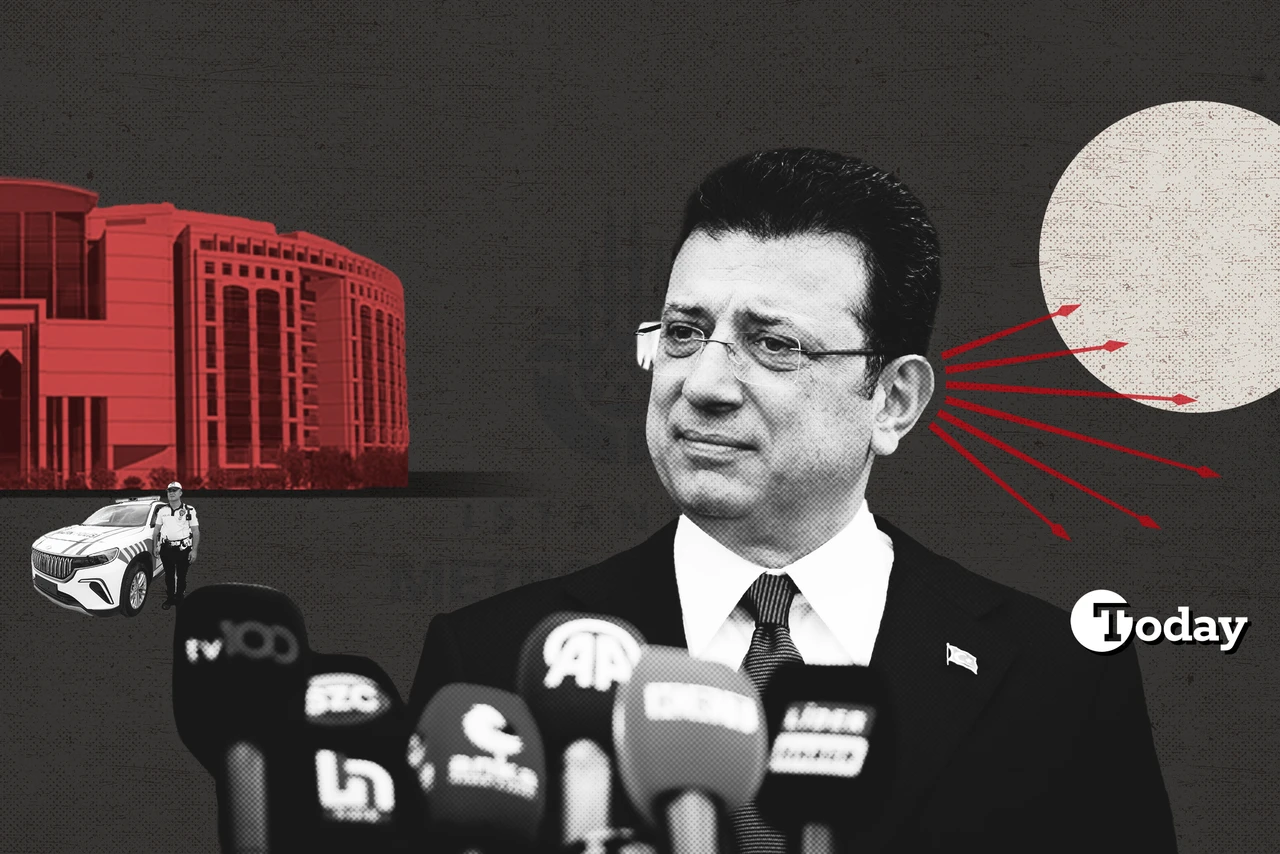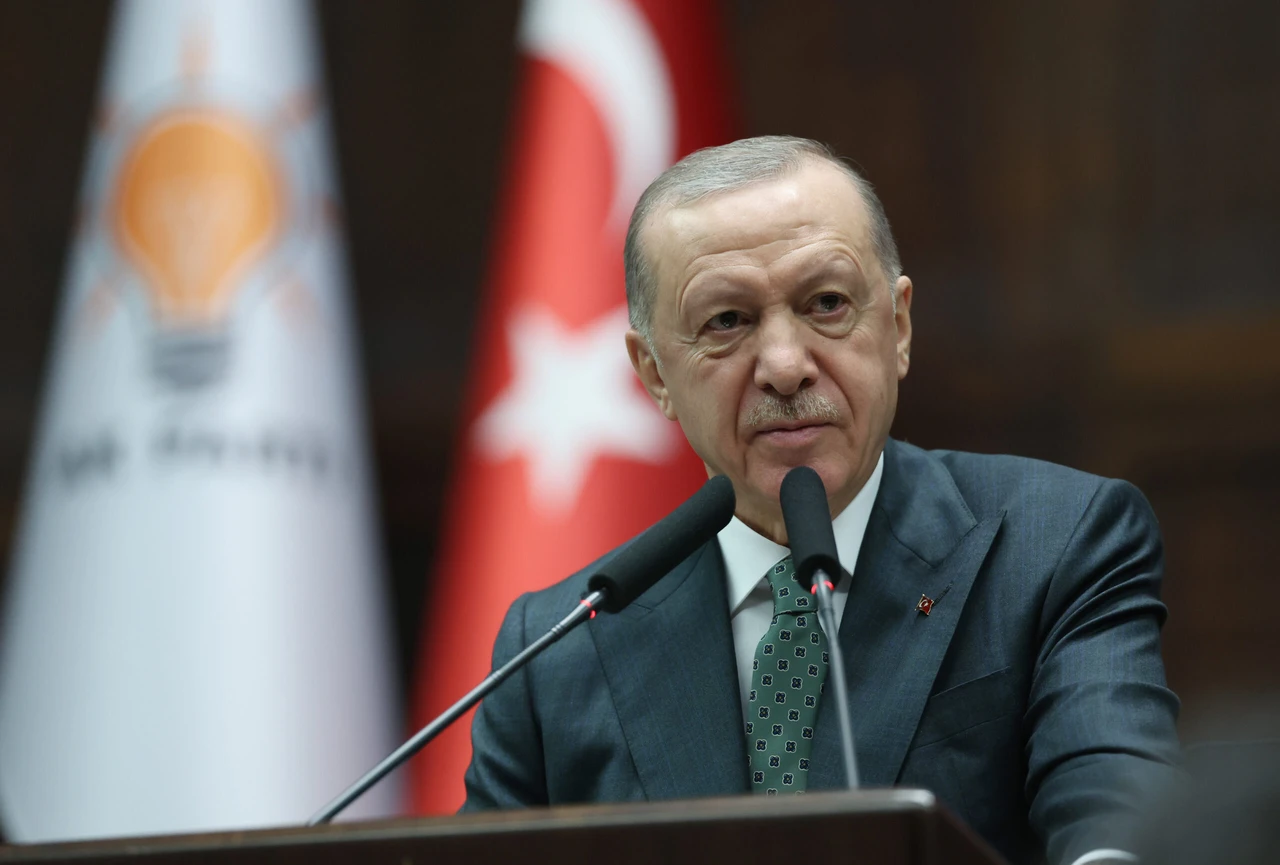5 steps EU can take to stop Ukraine war

There are five moves the European Union could make to stop the Ukraine conflict, from oil price caps to tackling trade sanctions
As tensions escalate in Ukraine, European Union leaders are under pressure to take decisive actions. According to insights from the digital newspapers Politico, five potential strategies the EU could implement to address the crisis are fixing the oil price cap, denting the Russian metals trade, turning off the gas taps, tackling the middlemen in trade and saying no to Russian nuclear energy.



